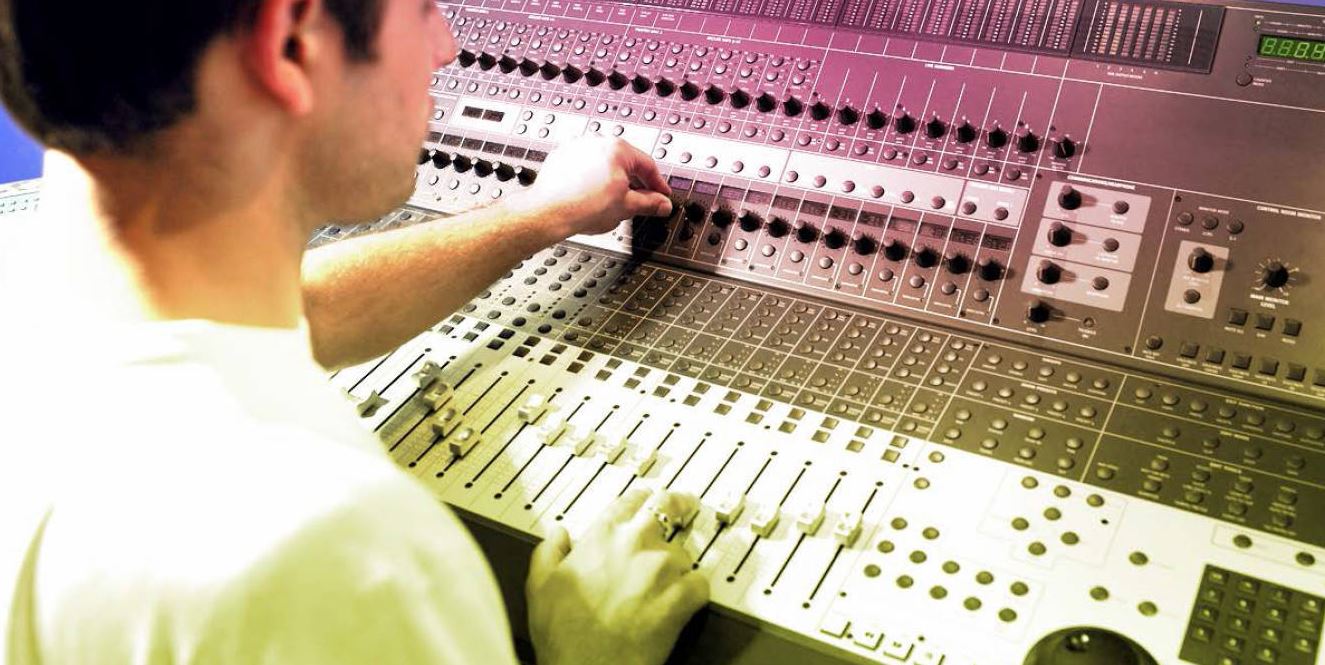There are various ways to control your own sound levels on FL Studio.
Actually, hearing yourself in the record mode is actually a helpful thing. Most of the artists use this on purpose.
However, sometimes for a specific reason, we need to lower our own sound or mute it completely.
I will explain the ways on how to not hear yourself on mic in FL studio.
In order to not hear yourself when recording in FL studio, follow these steps:
- Open FL studio
- Open the mixer
- Select master channel
- In the plugins section, in the very top open select menu and select (none).
- Now select the track in the mixer that you want to record in.
- Open the same menu selection in the top plugin section as you did in step 4, just do this in your current track and select the input channel that your microphone is connected to.
Control your sound level when recording in FL studio
In some cases, you may not want completely mute yourself, but maybe just adjust your sound level a little, so you would not be loud in the record mode.
There are two ways to not hear yourself on mic when recording in FL studio:
A. Control an output level. This means to control the sound that you are actually hearing when recording.
In order to achieve it, follow these steps:
- Open FL Studio
- Open the mixer
- Click on the track that your instrument is recorded to.
- Adjust the volume
B. Control an input level. This means to control the sound that is being recorded to the mixer. For example, if you mute input level completely, you will simply have a silent record and you won’t be able to hear anything after.
In order to achieve it, follow these steps:
- Connect an instrument to the audio interface
- Start the track in record mode
- Find an input sound level control knob of your current channel that your instrument is being recorded.
- Adjust the sound as you want.
Why do you hear yourself when recording?
You hear yourself when recording because when you start to play the song on record mode, your vocals are sent to the channel that translates the sound in real-time.
Do you need to hear yourself when recording?
As a reference, remember someone who likes to sing when listening to music with headphones.
Do you enjoy how they sing?
Usually, they sound terrible, due to the fact that they don’t hear themselves and their brain believes that they are doing a great job because they only hear the music played on their headphones.
When professional singers try to record themselves, they want to hear themselves in order to hear all the details about their tonality, pronunciation, phrasing. Also, they need to hear some of the other instruments to have a sense of what is playing and how do they fit in in the track.
In these scenarios, headphones really help since you can control the sound level of a recorded instrument (microphone as an example) and modify the other instrumental tracks sound level as well.
It is a good practice to hear yourself. When bands do their live shows, vocalists usually ask for monitors (speakers that are facing the band) to be set as they could hear themselves live on how they are doing.
Even DJs want to hear themselves in the club as clear as possible, so they can make song transitions smooth and without mistakes. They have to rely on how the songs transition sounds at the moment and if they need to make some adjustments to it.
How to play a specific part of the track when recording?
If you want to hear only the best part, for example, you can manage this in the mixer. You can select the tracks that you want to mute, then set the sound level to zero, and you will stop hearing them. In this way, you can control what to hear and what not to hear when recording the track. You can manipulate it in any way you need using the mixer volume channels.
Conclusion
I hope this article did help a bit to control your sound when recording in FL Studio.
Furthermore, I’ve covered some of the questions that are related to the topic to give you a broader understanding of not only how to do it, but also to tell you if it is recommended to cut your own sound while recording and how other artists approach this topic.



Thank you for your reading. Join the conversation by posting a comment.